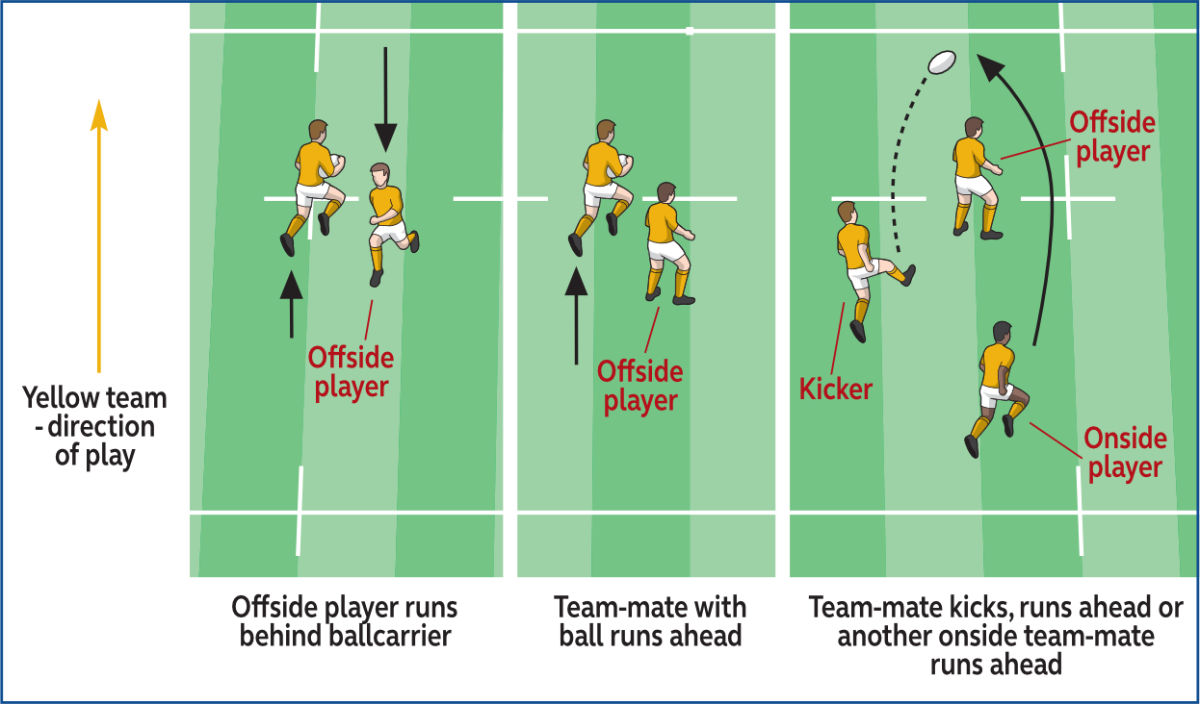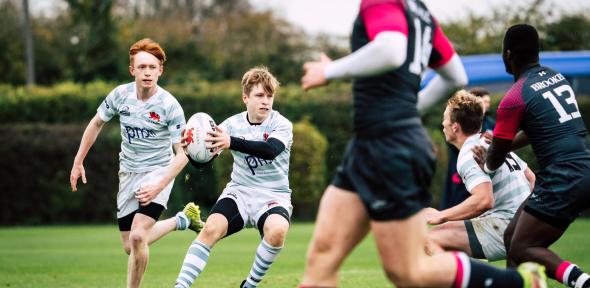
Concussion, caused by a head hit, is the most common type of match injury in rugby. These injuries can have many effects on both players and affect cognitive function. Fortunately, there are ways to reduce your risk. Here are some tips to help prevent head injuries.
Concussions are the most common match injury in rugby union
A concussion can be defined as a brain injury that causes dizziness and confusion. Concussions can be caused by many factors, including head injuries. However, brain health has been linked to concussions. While some head impacts may cause a concussion (some do), others are not. A Drake Foundation-funded study revealed that professional rugby players experienced significant brain and blood vessel changes, which suggests a higher risk of concussion.
The incidence of concussions increased dramatically in the 2010-11 season. In that season, there were 22.2 concussions per thousand hours of play, representing an increase of nearly two per 25 matches. This was nearly 3.5 times the amount recorded in the previous season. World Rugby was quick to respond to the increase in concussions and recommended that the minimum rest period for elite athletes who have suffered a concussion be increased from 7 to 12 days.

They are caused when there is a head impact.
Head injuries are caused by tackles in rugby. These impacts do not absorb immediately and cause shock to the brain. This can cause confusion, memory loss and dizziness as well as loss of consciousness. This injury is a growing concern for rugby players.
Head injuries are quite common in rugby. However, they are not the only risk. CTE is a serious risk to rugby players and should be monitored at least twice a year.
They have a different impact on women than they do on men
While rugby is a sport that men and women alike enjoy, head injuries to women are often more severe than in men. Head injuries are more common in women than men. Women are less likely to seek medical attention after sustaining a head injury. These findings show the difference between gender and sport. Head injuries to women are typically caused by a player colliding with another player's knee or the ground. The findings are particularly concerning for women who are involved in competitive rugby.
Swansea University researchers used sensors to measure head movement in mouthguards. This was done to discover the causes of head injuries in rugby.

They impact cognitive function
Recent studies have investigated whether head injuries in rugby players affect cognitive function. The BRAIN Study is a prospective cohort study of male elite rugby league players from England that examined the association between concussion severity and cognitive function. The BRAIN-Q tool was used to record exposure to concussion, and the primary outcome measure was the Preclinical Alzheimer Cognitive Composite (PACC). After adjusting for possible confounders, the researchers discovered a link between concussion scores and PACC scores.
Researchers at Imperial College London did the research. The study included 44 elite rugby players. It was published in Brain Communications. They looked at changes in brain tissue, and specifically white matter. This is the wiring of our brains. These changes could have a long-term impact on the brain's connections. It is not yet clear if head injuries sustained in rugby will have any impact on a player’s ability to think clearly.
FAQ
What was the first time extreme sports became popular?
Extreme sports have seen a surge in popularity over the past 10 years. However, there has been little research into why this is happening. This report looks at what we know about the rise of extreme sports.
We also examine how extreme sports have become more popular since the 1990s.
We found that extreme sports have been overgrown in many countries. We noticed a lot of growth in the United States and Canada, Australia, New Zealand South Africa, South Africa and Europe.
However, we found that extreme sports are still not popular in many countries like Brazil, China, India and India.
What happens if someone is trying extreme sports but falls off a mountain?
Participating in extreme sports could cause you to fall off a cliff and break bones, or even your neck.
This injury is very serious. If you fall from more than 30 metres (100 feet), you could get serious injuries.
Extreme sports become more popular.
We think the popularity of extreme sports has increased because people want to experience something exciting. They enjoy being part.
They love taking risks and seeing how far they can go.
People also enjoy watching others do their stunts.
Extreme sports have become more popular than ever before. Indoor skydiving, such as indoor paragliding, is possible in many places. Companies all over the globe offer bungee jumping.
What companies are most likely to sponsor extreme sports?
Companies that sponsor extreme sports events, such as BMX racing, skateboarding, snowboard competitions, etc., are typically large corporations with large advertising budgets. They are also active in the communities they serve. Coca-Cola is a sponsor of many sporting events in North America. The company sponsors youth programs and camps on both the national and local level. Coke sponsors the annual Coca-Cola Rock N' Roll Marathon in New York City. Around 100,000 runners come from all walks of the world to participate in this event.
What's the most dangerous extreme sport?
It is snowboarding because you must balance on top of a board while falling off a mountain at high speeds. You could die if you fall off the wrong way.
Statistics
- Nearly 98% of all "frequent" roller hockey participants (those who play 25+ days/year) are male. (momsteam.com)
- Overall participation has grown by more than 60% since 1998 - from 5.9 million in 1998 to 9.6 million in 2004 Artificial Wall Climbing. (momsteam.com)
- Boxing— 90% of boxers suffer brain damage over their careers, and this is not surprising in the least, considering that they are throwing punches at each other's heads. (rosenfeldinjurylawyers.com)
- According to the United States Parachuting Association, about 21 people die yearly from skydiving. (livehealthy.chron.com)
- Landscaping and grounds-keeping— according to government labor statistics, about 18 out of 100,000 workers in the landscaping industry are killed on the job each year. (rosenfeldinjurylawyers.com)
External Links
How To
How do I learn to skateboard
Skating involves using your feet to move on snow and ice. You can either do it alone or with a group of friends. It's one of those sports which require good balance and coordination. You must first learn how to stand upright on the board. Then practice balancing while moving forward and backward. You can also try jumping off stairs or ramps. Once you've mastered these skills, you'll find yourself skating faster and farther than ever before!
These are some tips for getting started in skating
-
Decide what type of skates to purchase. There are many kinds of skates to choose from, including inline skates (roller blades), speed skates (speed skates), figure skates, and others. Choose the right type of skates depending on your level of expertise. Inline skates, roller blades, and speed skates are ideal if you just want to give them a go. Figure skaters will prefer boots that provide support during performance.
-
Buy proper equipment. The gear you choose will depend on whether or not you are participating in competitions. Skates that are well-made, durable, and fit well for competition are the best.
-
Try new techniques. Practice makes perfect when learning any skill. So don't wait until you master a trick to try it out. Instead, you can practice basic moves like walking backwards or sliding sideways or spinning. This way, you won't feel intimidated when you attempt difficult maneuvers later.
-
Keep learning. Do not expect to be proficient overnight. Skaters who are the best spend many years perfecting their skills. They never stop improving. You have many options to improve your technique. You could take lessons at your local rink, sign up for a recreational league, or watch videos online.
-
Be patient. If you're still having trouble mastering a tricky maneuver, don't worry. Keep practicing. You will eventually gain the confidence necessary to perform advanced stunts.
-
Have fun. Skating, which doesn't require special equipment or any training, is a great sport for beginners. It's also great fun!